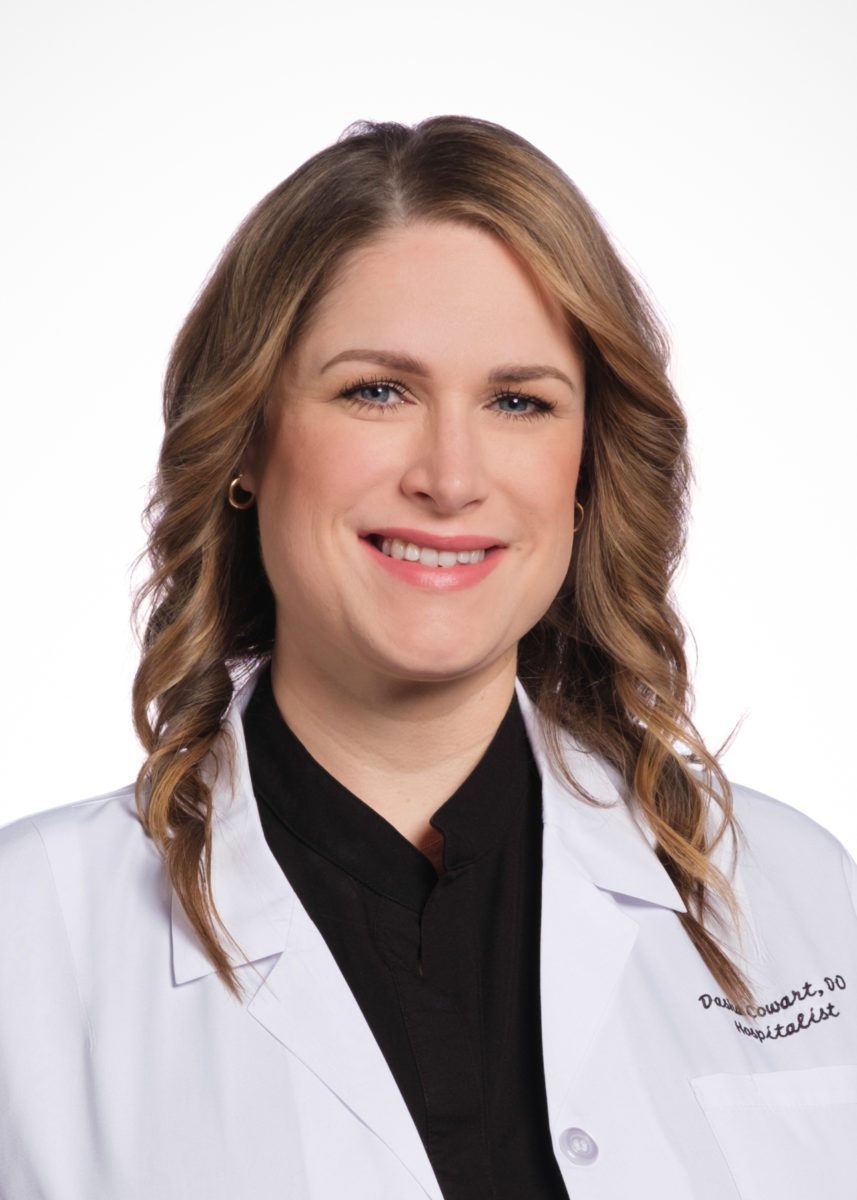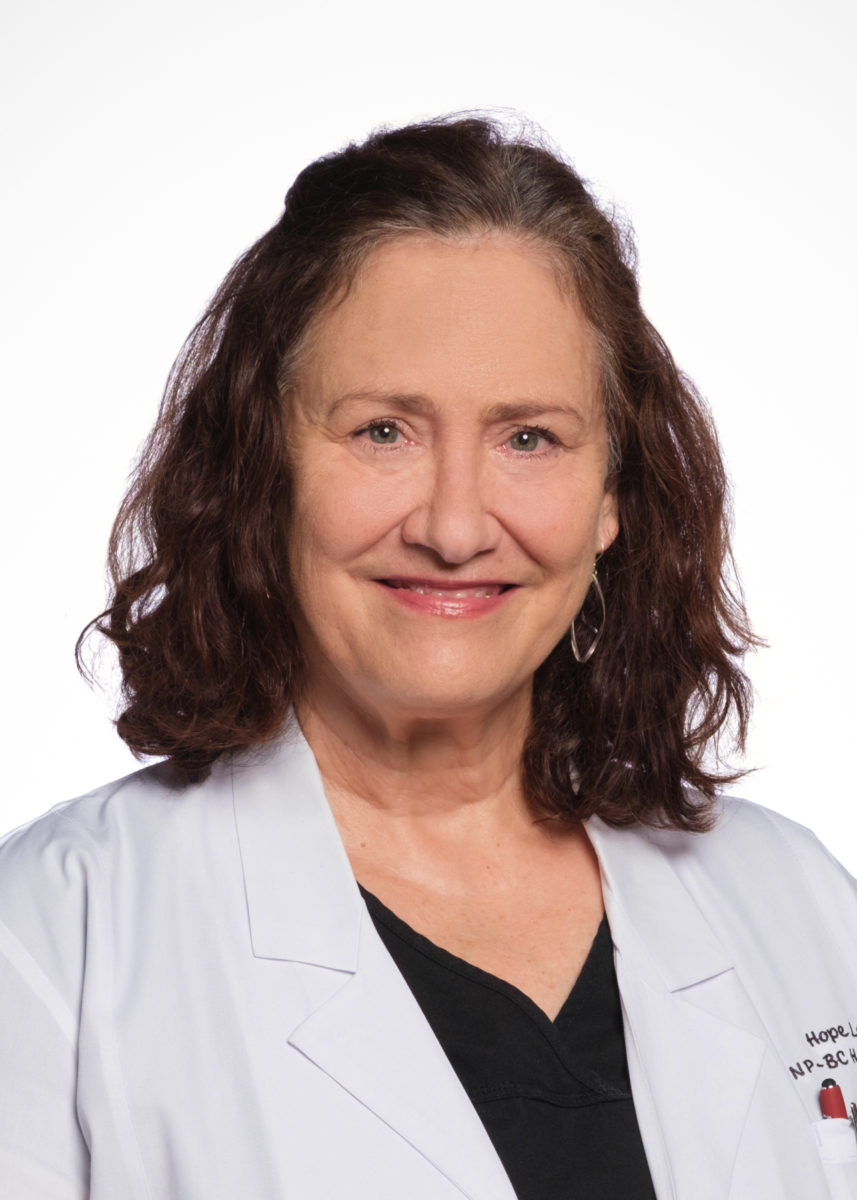Palliative and Supportive Care
For more information, to schedule an appointment, or to find out if Palliative and Supportive Care is right for you, contact the Supportive Care Team.
(228) 271-9661Improving Quality of Life for People With Serious Illnesses
To relieve suffering and distress associated with serious illness and through patient- and family-centered care, we aim to preserve the quality of life, respect, and dignity in all stages of disease. It is provided in conjunction with the treatment that your physicians have planned for you.

Palliative and Supportive Care Services
The Palliative and Supportive Care Team provides support and medical care to
patients at any stage of their serious illness. We are focused on providing relief from the symptoms of pain and emotional stress of a serious illness.
Our team includes physicians, nurse practitioners, nurses, a social worker, and a chaplain. They work in partnership with each patient’s medical team to provide an extra layer of expertise, support, and compassion to improve the quality of life for both the patient and their family.
Whether you are seeking to cure your cancer or treat your heart failure, the Palliative and Supportive Care Team wants to make sure that your feelings are heard, your goals are being addressed, and that you feel as good as possible for as long as possible.
Palliative and Supportive Care Misconceptions
Palliative and Supportive Care is not hospice or end-of-life care. The service is for any patient facing serious illness at Memorial Hospital.
Supportive care can begin at any point in a patient’s illness, even when patients and families are seeking curative measures.
Is Palliative and Supportive Care Right For You?
If you or a loved one needs additional support as a result of a serious illness, palliative and supportive care at Memorial Hospital might be for you. Illnesses that might need palliative and supportive care:
- Amyotrophic lateral sclerosis (ALS), also known as Lou Gehrig’s disease
- Cancer
- Dementia
- Heart disease
- Kidney failure
- Liver disease
- Multiple sclerosis
- Parkinson’s disease
- Stroke
Meet Our Palliative and Supportive Care Team

Clare Adam, RN

Jenny Tomson, NP 
Grace Worth, NP

David Thames, Social Worker 
Martin Gilliland, Chaplain



